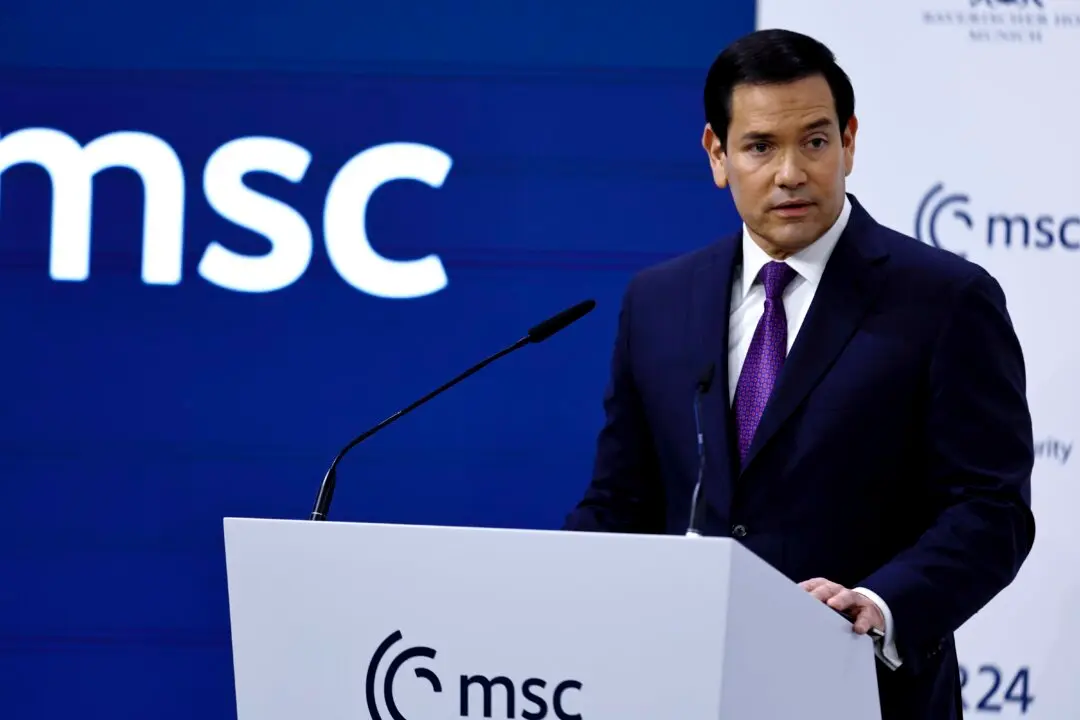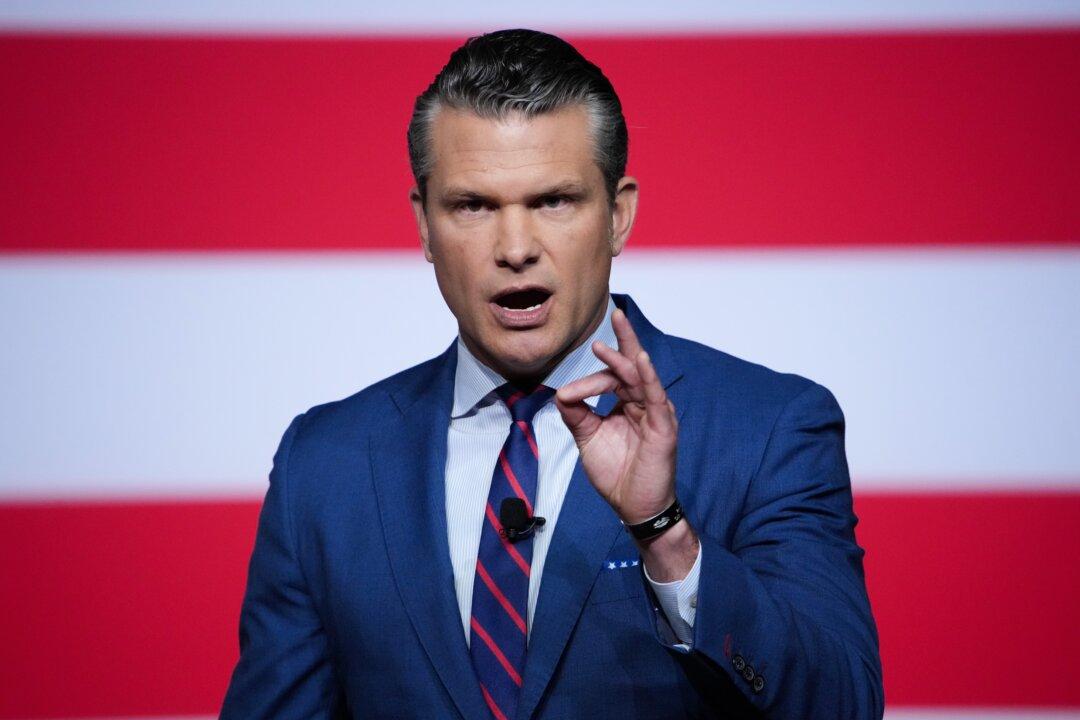Data challenges and constraints have made it difficult for the Organization for Economic Cooperation and Development (OECD) to fully report on the progress wealthy countries have made in financing climate action in developing countries, according to a report released in advance of COP21 to increase transparency before the meeting in Paris.
A key objective of the COP21 climate change conference is the financing of $100 billion per year by developed countries, from public and private sources, by 2020.
The goal is to enable developing countries to combat climate change through mitigation and adaptation while also promoting fair and sustainable development. Mitigation is trying to reduce a particular emissions problem; adaptation is maintaining resilience despite lingering climate effects that could not be mitigated.
The Peruvian and French governments requested the accounting as part of their responsibilities as the current and incoming presidencies of the COP. The report released Oct. 7 estimates that the fund reached $61.8 billion in 2014, up from $52.2 billion in 2013, but the numbers are based on best estimates. They also exclude high-efficiency coal projects, which countries like Japan and Australia argue should be considered a form of climate finance.





